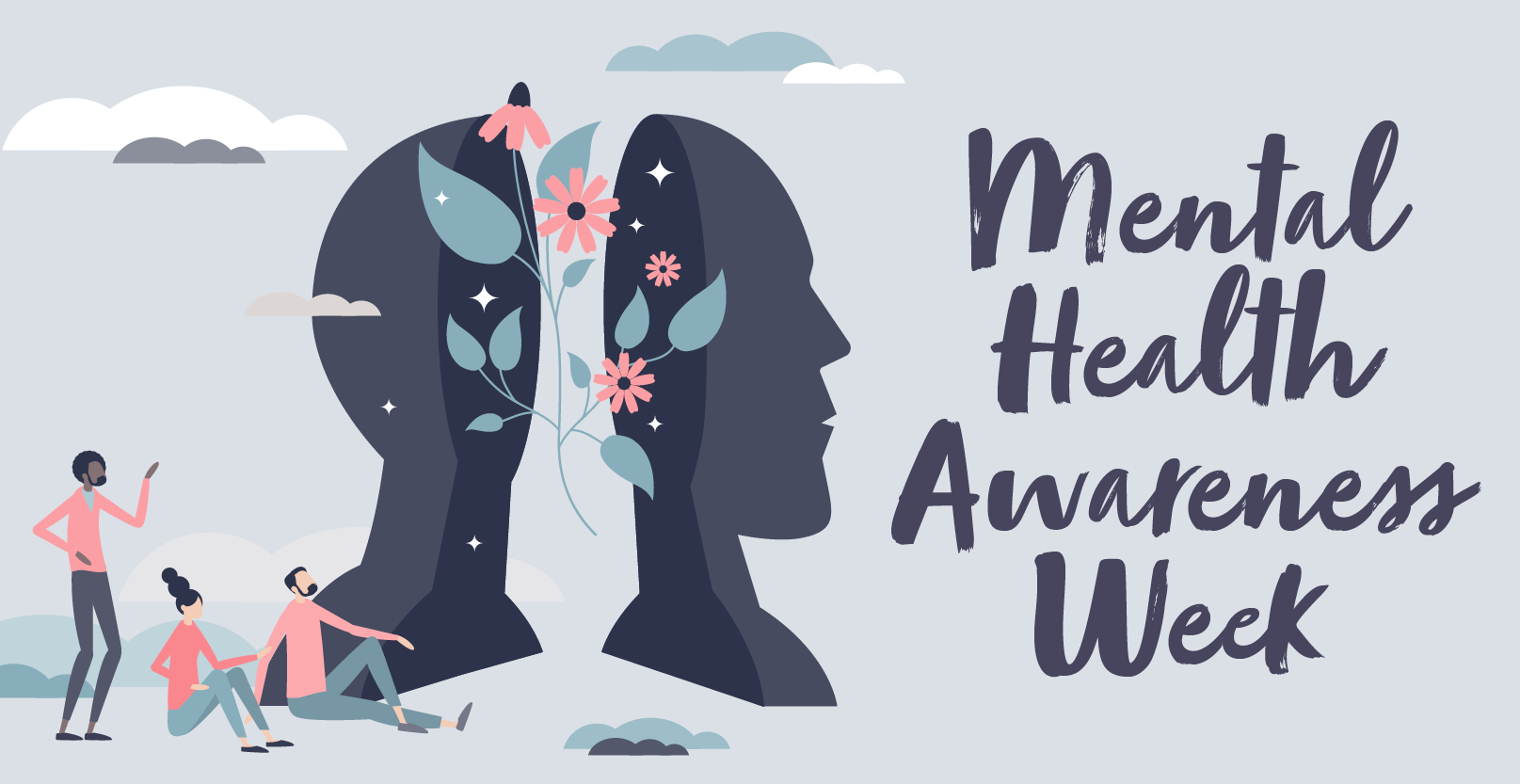As a GP, a keen gardener and a garden designer, Richard Claxton has long been aware of the benefits that come from gardening, and there’s arguably even more when done as part of a community. From helping people to overcome loneliness and isolation through to providing support and camaraderie, it presents an opportunity for those living with mental health problems, sensory impairments and learning difficulties to safely explore a creative and community-based outlet.
 Claxton has directed his patients to such practices for years, and with green social prescribing “blooming” after the government invested £4m into it in 2020, he has been working closely with schemes and charities to set up a directory of resources that can be used across the UK.
Claxton has directed his patients to such practices for years, and with green social prescribing “blooming” after the government invested £4m into it in 2020, he has been working closely with schemes and charities to set up a directory of resources that can be used across the UK.
“The Gardening4Health website is my attempt to address this need for an alternative support for mental health and I hope that people can use it primarily to find out what services are available in any given locality within the UK,” says Claxton. “I also hope that the organisations themselves may be able to use it as a means of networking and liaising with like-minded horticulturists.”
Claxton says the directory is growing fast, and he is eager to continue its development. But funding is a challenge.
Claxton spends his time outside of the surgery, volunteering with the community NHS garden scheme for the people of Hadlow, Hildenborough, Paddock Wood, and Tonbridge, at Tonbridge Garden Therapy. But he recently revealed “with a heavy heart” that funding for those staffing the Tonbridge Garden Therapy scheme has been pulled, something he blames on the state of the NHS and the problems practices are facing as a result.
“What that means is that the two lovely ladies who were doing the horticultural therapy in Tonbridge are to be made redundant and I’ve been desperately scratching my head as to how to try and help to ensure that the project remain viable,” says Claxton.
He’s now in the process of submitting application forms to turn the group into an official charity with a board of trustees and is keen to raise awareness of the scheme in the hopes that the garden may be resurrected as soon as possible.
Mental Health Awareness Week, taking place from 13-19 May, offers an opportunity to remind people of the need for schemes such horticultural therapy groups. Taking place on a yearly basis, the week aims to tackle stigma and help people understand and prioritise theirs and other’s mental health. “My ambition is for the UK population to be able to expect their GP or social worker or psychiatrist or support workers to enable them to go and take part in therapeutic horticulture and nature-based therapies, wherever they are,” says Claxton.
There are not just wellbeing benefits to consider but financial ones too, with The Wildlife Trusts estimating that green social prescribing could save the NHS more than £635m each year, according to a report published last year. It makes horticultural therapy sound like a win-win situation and is arguably reason enough for Tonbridge Garden Therapy to be granted charity status and for gardening to get the recognition it deserves.




























0 Comments